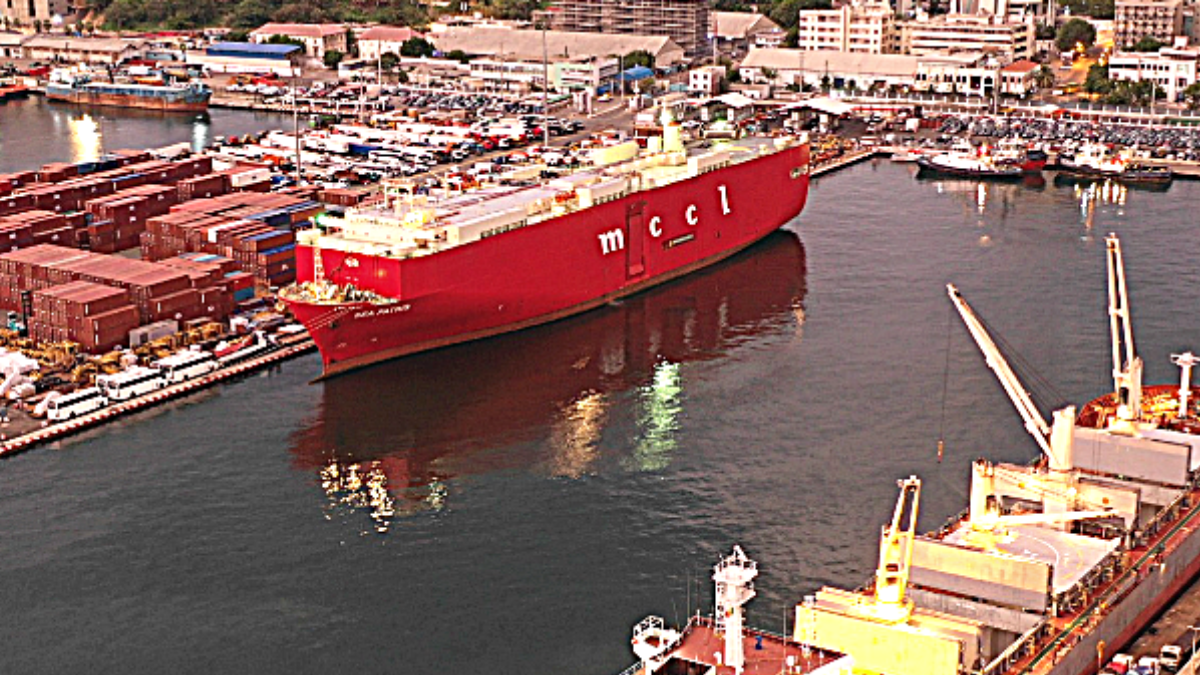Senegal’s oil boom narrows trade deficit, signals economic shift

For the first time in years, Senegal has made a significant dent in its trade deficit, driven largely by a new and powerful economic lever—crude oil exports. According to the National Agency of Statistics and Demography (ANSD), the country’s overall trade deficit narrowed from CFA 3,983.9 billion in 2023 to CFA 3,252.3 billion in 2024, marking an improvement of CFA 731.5 billion.
A substantial factor behind this progress is a marked reduction in the energy and lubricants deficit, which fell from CFA -1,447.8 billion to CFA -930.2 billion. This turnaround is largely attributed to Senegal’s emergence as an oil-exporting nation.
In 2024, the country exported CFA 464.6 billion worth of crude oil, while refined petroleum products contributed CFA 791.9 billion in revenue—positioning Senegal more firmly in the global hydrocarbons market.
Senegal’s total exports rose sharply by 21.3% in 2024, reaching CFA 3,909.1 billion compared to CFA 3,223.9 billion the previous year. Non-monetary gold led the charge at CFA 588.5 billion, alongside strong performances from canned fish, which exceeded CFA 67 billion. Yet it was oil—both crude and refined—that delivered the most significant boost.
Some traditional sectors experienced setbacks. Exports of crustaceans, mollusks, and shellfish dropped by over CFA 15 billion. Declines were also recorded in mineral fertilizers and fresh sea fish, signaling vulnerabilities in parts of the country’s blue economy.
Export destinations have also shifted. Africa now stands as Senegal’s primary trading partner, accounting for 37% of exports, ahead of Europe at 27.2% and Asia at 23.6%. Asia’s share fell by nearly seven percentage points, underscoring Senegal’s pivot toward regional trade.
On the import side, Senegal saw a marginal 0.6% decline, bringing total imports down to CFA 7,161.4 billion. Notable drops included a 66.8% decrease in hardware tools, a 50% reduction in pipes and tubes, and declines of 28.4% and 15.9% in land vehicles and trucks, respectively. Crude oil imports also fell by 14.7%, further highlighting the country’s decreasing energy dependence.
Despite the positive shift, Senegal remains structurally import-dependent. However, surpluses in key sectors such as non-monetary gold (CFA 587.9 billion) and animal raw materials (CFA 215.7 billion) are helping redefine the country’s trade balance and signal a broader economic transformation.
About The Author
dailymailafric
I am an avid African news observer, and an active member of Daily Mail Africa.
I’m Passionate about staying informed on diverse topics across the continent,
I actively contribute to publishing on political, economic and cultural developments in Africa.



